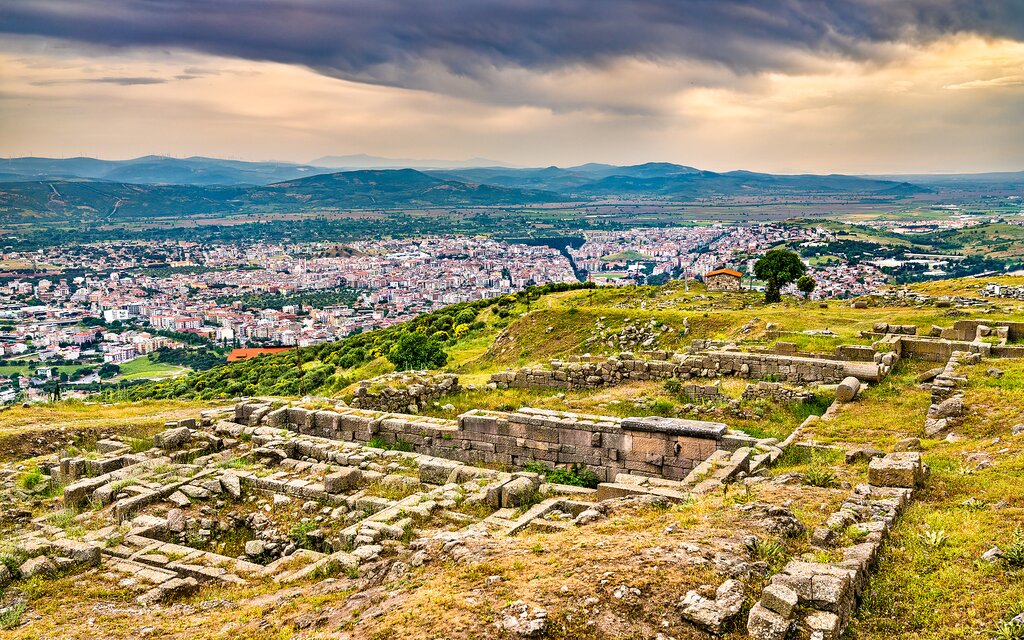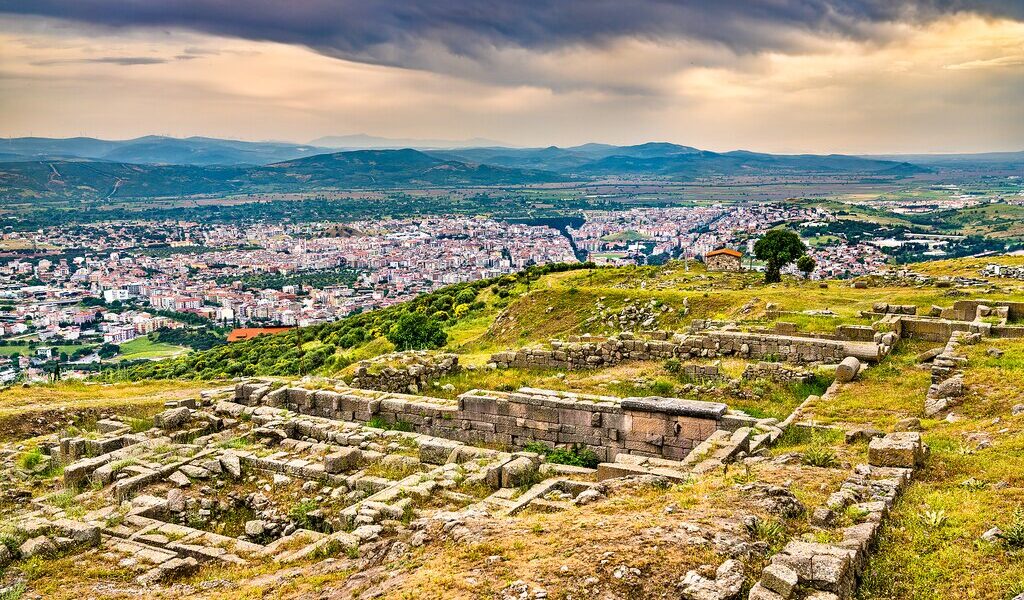
March in Turkey is the tail end of winter and the start of spring. Depending on where you go, you might experience wintery or pleasantly warm weather as this is an unpredictable month in Turkey as it is elsewhere. If you want to check out Turkey’s multitude of cultural and historic attractions without the crowds or hot weather, March could be a good time for you. Read on to find out more about visiting Turkey in March.
## Discovering Turkey in March: A Comprehensive Guide
March in Turkey marks a transition, a gentle shift from the grip of winter towards the promise of spring. While the peak tourist season is still a few months away, March offers a unique opportunity to experience the country’s rich culture and history with fewer crowds and potentially lower prices. This guide delves into what you can expect from a trip to Turkey in March, covering weather conditions, popular destinations, activities, and cultural events.
## Weather Patterns in March
The weather in Turkey during March is variable, depending on the region. As a general rule, temperatures begin to rise compared to February, making it a more comfortable time to explore the country. However, it’s important to pack layers, as the evenings can still be chilly, and rain is a possibility in many areas.
Beach destinations along the west and southwest coast, such as **Bodrum** and **Antalya**, are generally still in their off-season mode in March. While many beach resorts may remain closed, the average temperatures are gradually increasing. In **Bodrum**, you can anticipate an average temperature of around 60°F (16°C) in March. Meanwhile, **Antalya** boasts slightly warmer temperatures, averaging around 62°F (17°C). Although the allure of pristine beaches may be apparent, bear in mind that these coastal regions are prone to wet spells during this period.
Venturing inland, **Istanbul** experiences cooler conditions in March, with an average temperature of 51°F (11°C). While not ideal for sunbathing, this temperature can be perfect for exploring the city’s historical and cultural sites without the sweltering heat of summer. Similarly, other sought-after destinations boast mild March temperatures. **Cappadocia**, renowned for its otherworldly landscapes, presents an average temperature of 50°F (10°C). In **Pamukkale**, celebrated for its mesmerizing travertines, the average temperature hovers around 59°F (15°C).
## Crowds and Costs During March
March falls within Turkey’s low season, which means you can avoid the large tourist crowds that flock to the country during the summer months. Beach resorts, in particular, are less crowded due to the less-than-ideal swimming and sunbathing weather. This can translate to a more relaxed and authentic experience, allowing you to immerse yourself in Turkish culture without the hustle and bustle.
The low season also often brings lower prices for accommodation and flights. You might find excellent deals on hotels and airfare to major cities like Istanbul, **Ankara**, and **Izmir**. This makes March a budget-friendly time to visit Turkey, especially if you’re flexible with your travel dates.
While cultural attractions like Cappadocia and Pamukkale are popular year-round, they are significantly less crowded in March compared to the peak summer season. This allows for a more intimate and unhurried exploration of these iconic sites.
## Exploring Turkey: Where to Go in March
While beach resort towns might not be the primary draw in March, many other parts of Turkey are perfectly suited for exploration during this time. The milder temperatures provide comfortable conditions for sightseeing and outdoor activities.
Istanbul, with its rich history and vibrant culture, is an excellent destination in March. The cooler temperatures make walking around the city and exploring its many historical sites much more pleasant. From the iconic Hagia Sophia to the bustling Grand Bazaar, Istanbul offers a wealth of attractions to discover. Moreover, Istanbul, Ankara, and Izmir are replete with an array of indoor cultural havens that present shelter from inclement weather. However, when the weather is cooperating, these cities present outdoor parks, majestic ruins, and architectural marvels that beckon to be explored.
March is also an ideal time to visit the ancient Roman city of **Ephesus**. This impressive archaeological site is almost entirely outdoors, making it challenging to explore during the scorching summer months. The milder temperatures in March allow you to wander through the ruins at your own pace and fully appreciate the historical significance of this ancient city.
## Activities and Experiences: What to Do in March
General sightseeing should be the cornerstone of any trip to Turkey in March. Crafting an itinerary that features a harmonious blend of indoor and outdoor cultural and historical points of interest is paramount to ensuring maximum comfort, especially in consideration of the prevailing weather conditions.
For culinary enthusiasts, embarking on a tour of local eateries in March proves to be an exceptional means of not only savoring the delectable delights of Turkish cuisine but also gaining valuable insights into the nation’s vibrant culture. Amidst the warmth and ambiance of these dining establishments, one can readily escape the vagaries of the weather outside.
Istanbul, renowned for its dynamic and diverse atmosphere, also boasts a vibrant nightlife scene. Whether you seek traditional Turkish music, contemporary clubs, or cozy bars, Istanbul has something to offer every taste.
## Cultural Celebrations: Events in March
March is a month filled with cultural events and festivals in Turkey, providing visitors with a unique opportunity to experience the country’s traditions and customs.
**Nevruz,** celebrated on March 21st, is an ancient Middle Eastern and Asian festival that marks the arrival of spring. In Turkey, Nevruz festivities typically include feasting, playing traditional games, lighting bonfires, and painting eggs.
**Ramazan,** the Islamic holy month of fasting, can sometimes begin in late March, although the exact dates vary each year. During Ramazan, observant Muslims abstain from eating and drinking from dawn until sunset. Traveling in Turkey during Ramazan can be an enriching cultural experience, but it’s important to be aware that some restaurants may have limited hours or be closed altogether.
The **Istanbul Dance Festival** takes place in March, showcasing a wide range of dance styles from around the world. Dancers from various countries gather in Istanbul for shows, workshops, and other events, reflecting Istanbul’s historical role as a crossroads of cultures.
The **Camel Wrestling Festival,** a unique and captivating event, traditionally extends from early January until the end of March. Hosted in Selcuk, a town near the ancient city of Ephesus, this festival showcases camels engaging in wrestling matches to claim the esteemed title of champion.
By embracing the experiences and opportunities that Turkey offers during this transitional month, travelers can forge enduring memories and cultivate a profound appreciation for the nation’s multifaceted allure.
B-2674

